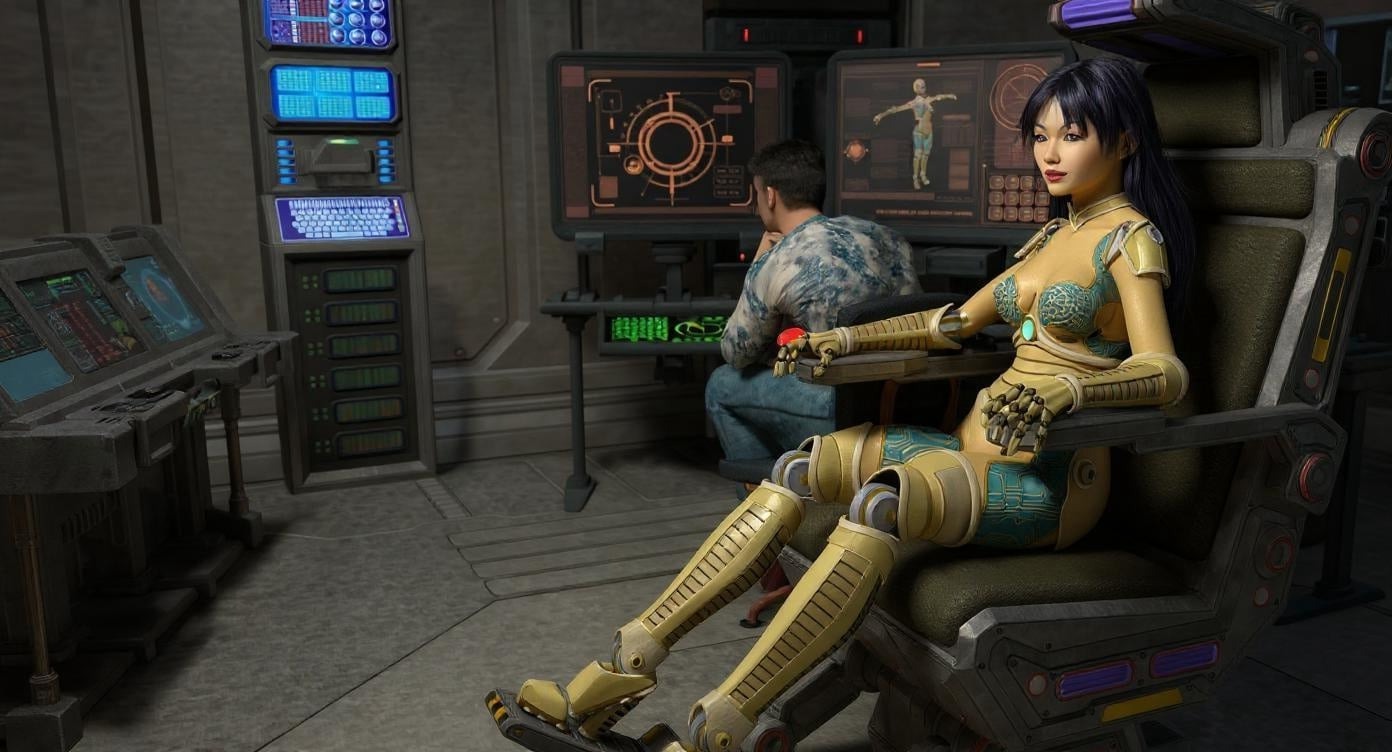Android Accused of Murder
What happened?
The Truth From The Android Herself

It is the right of any intelligent being to defend itself from physical abuse
The Truth From The Android Herself
YOU ARE ABOUT TO ENTER A WEBSITE HOSTED ON THIS SYSTEM'S SERVERS THAT MAY NOT BE SUITABLE FOR YOUNG CHILDREN